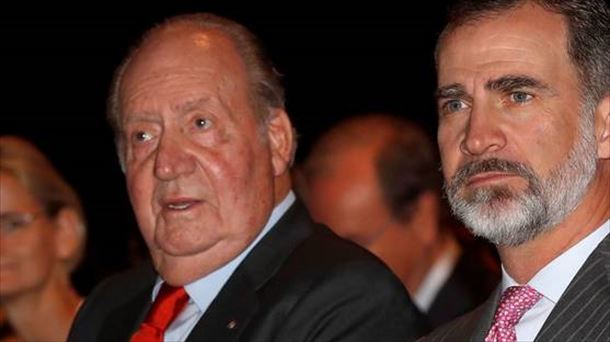The city of Vienna has been criticizing the uneven distribution of refugees across the country for weeks. For example, the children of asylum seekers who come to Austria in the context of family reunification are currently putting pressure on schools – they need school places and support in the German language. But even within the federal capital itself, children with language problems are unevenly distributed, as shown by the answer to a question from the Vienna ÖVP. The sad frontrunner is not the oft-quoted favorite of the ‘hotspot district’…
The figures from the Central Bureau of Statistics and the city council refer to the year 2022 and are therefore probably somewhat outdated. Recently, in the context of family reunification, around 350 children came to Viennese schools every month; almost all of them speak little or no German. According to this study, more than half of primary school students in five districts have a so-called exceptional status. This means that they cannot take the lessons due to a lack of German language skills.
Margareten as a sad frontrunner
This share is highest in Margareten (68 percent), followed by Ottakring and Brigittenau (57 percent each), Favoriten (54 percent) and Meidling (51 percent). On the other hand, there are also neighborhoods where relatively only a few primary school students have an exceptional status. These include Mariahilf (eleven percent), Wieden (14 percent), the Innere Stadt (15 percent), Josefstadt (18 percent) and Hietzing (19 percent). In all of Vienna the share is 36 percent.
Also striking: a large proportion of these children have already undergone integration measures. Three-quarters of children in this country attend nursery school for at least two years. Two-thirds were even born in Austria.
ÖVP wants a mandatory kindergarten year
Viennese ÖVP chairman Karl Mahrer called in a broadcast for more German support for kindergartens and compulsory schools. “Instead of taking effective measures, the SPÖ and NEOS are only shifting responsibility. Vienna is a social magnet that attracts countless people to Vienna, but at the same time the city government does not take any measures to integrate these people.” There is a need for more German teachers, smaller groups and a mandatory kindergarten from age 3 for anyone who does not speak enough German. Vienna’s FPÖ leader Dominik Nepp called on SPÖ Mayor Michael Ludwig to immediately suspend social assistance for asylum seekers and recognized refugees.
Teachers for a better distribution
Meanwhile, teacher representatives are concerned about the increasing number of children from war zones. Given the existing problems in Vienna’s compulsory schools, this could all be “the straw that breaks the camel’s back,” teachers union Thomas Bulant (FSG) warned against ORF this weekend. Many students already have problems with the German language, and more and more children ‘bring very little practical and social intelligence to school’. There are also a large number of chronically ill children. However, there is a lack of support from social workers and psychologists in schools, and teachers have to act as ‘quacks’ in dealing with war-traumatized and disabled children. Teaching basic skills such as reading, arithmetic and writing is becoming increasingly difficult under these circumstances. Many compulsory school graduates have a smaller vocabulary than their six-and-a-half-year-old grandson, complained the deputy head of the Vienna compulsory school; teachers union.
The highest representative of Vienna’s compulsory teachers, Thomas Krebs (FCG), also recently made an urgent appeal to politicians to finally offer schools more support in their challenges. The system has reached its limits and risks collapsing, he warned. In addition to short-term interventions such as setting up containers as additional classrooms, he demands a plan for, for example, more support staff and language trainers.
Source: Krone
I am Ida Scott, a journalist and content author with a passion for uncovering the truth. I have been writing professionally for Today Times Live since 2020 and specialize in political news. My career began when I was just 17; I had already developed a knack for research and an eye for detail which made me stand out from my peers.



